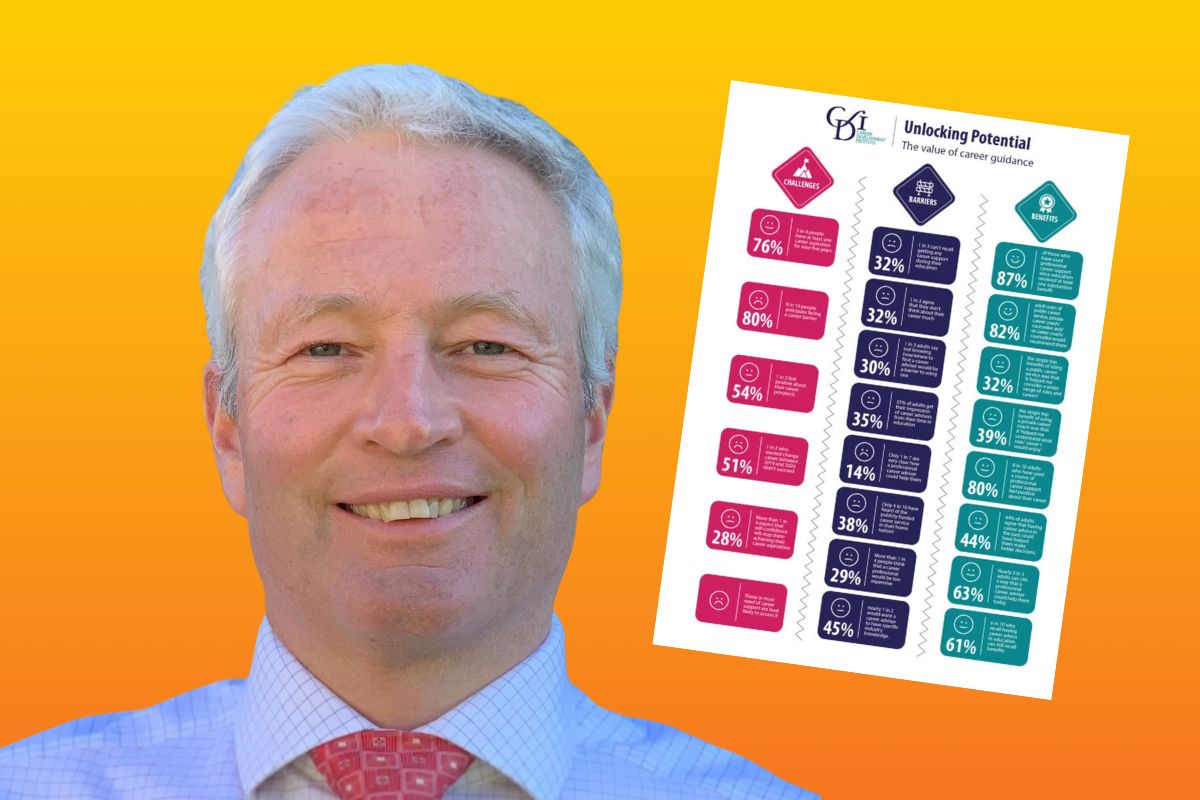Government has ‘failed to grasp nettle’ and close disadvantage gap says NAHT

New analysis of this year’s A level and VTQ results has been released!
In 2022/23 there was a return to pre-pandemic standards for GCSEs, AS and A levels, with protection built into the grading process to recognise the disruption that students have faced. For VTQs that are taken alongside, or instead of, GCSEs and A levels, there was also a return to pre-pandemic standards in 2022/23.
More information on qualification grading approaches in 2023 and in 2022 can be found at Exam results 2023: 10 things to know about GCSE, AS and A level grades – The Ofqual blog and Vocational and technical qualifications grading in 2023 – The Ofqual blog and Ofqual’s approach to grading assessments in summer 2022 article.
The 16 to 18 performance measures reported in this release for the 2022/23 academic year have been affected by the following factors:
- The return to pre-pandemic grading in 2022/23, with some protections.
- 2023 performance measures may include some qualification grades that were awarded in 2021/22 using a different grading approach.
- Results achieved between January 2020 and August 2021 are not included in the calculations.
- The ongoing uneven impacts of the pandemic on different schools/colleges and students.
Throughout this release, comparisons are made with 2022 and with 2019. The more meaningful comparison is with 2019, which is the last year that summer exams were taken before the pandemic, as 2023 saw a return to pre-pandemic grading, with some protections. In 2022, outcomes broadly reflected a mid-point between 2019 and 2021, to take account of the impact of the pandemic and in line with Ofqual’s approach to grading in 2022. It is expected that performance in 2023 will generally be lower than in 2022. For this reason, users need to exercise extreme caution when considering comparisons over time, as they may not reflect changes in student performance alone.
Average A level result
- B-
An increase from C+ in 2018/19 (33.77 points to 35.16 points)
Average applied general result
- Merit+
This is the same as in 2018/19 (28.37 points to 29.56 points)
Average tech level result
- Merit+
This is the same as in 2018/19 (28.43 points to 28.51 points)
Read more here.
Sector Response
Sarah Hannafin, head of policy at school leaders’ union NAHT, said:
“It is vital that everyone remembers that we cannot compare this year’s results with those from previous years. The student cohort, the context and the approach to grading has been different every year since 2019 so simplistic comparisons are unhelpful and will not tell the full story of the experiences of students or their schools and colleges.
“But, at a national level, it is striking how similar the gap in attainment between A level students from better off and more disadvantaged backgrounds remains.
“The disruption caused by Covid presented the government with a golden opportunity not only to mitigate the impact of the pandemic on young people’s learning, but also to show real ambition in attempting to close this worrying and stubborn attainment gap.
“However, ministers have failed to grasp the nettle and offer schools and colleges anything like the resources needed. The government’s failure to outline a long-term plan for the National Tutoring Programme, for which subsidies end next year, inspires little confidence that this will change any time soon.
“Services like social care and mental health support for young people have also been hugely under-funded over the last decade, and where issues in their lives are not identified and addressed this also affects their learning.
“All this must change if the government is serious about closing the disadvantage gap.”











Responses